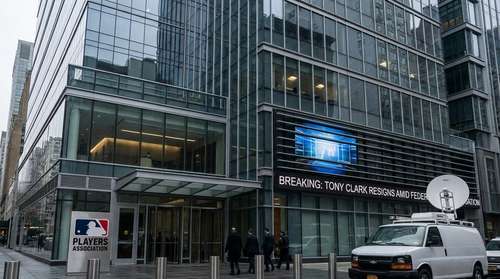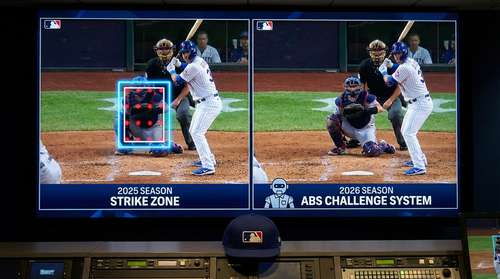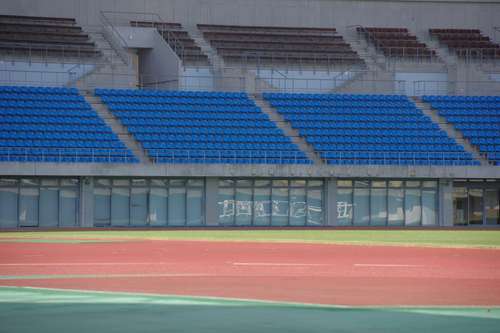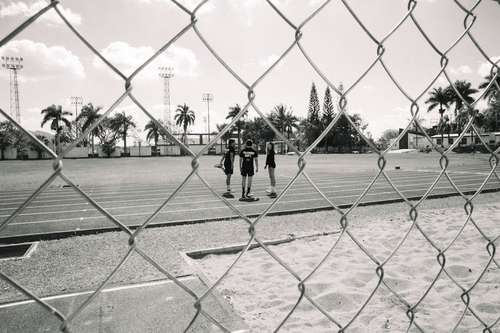In a world where trust is often the currency of choice, it's quite disheartening when that trust is shattered. Imagine the scene: a man, Mizuhara, once entrusted with the important role of being Shohei Ohtani's interpreter, now finds himself in hot water. Why, you ask? Because he tried to impersonate none other than Ohtani himself to transfer a whopping $200,000! You can't make this stuff up.
Prosecutors are on a mission to ensure Mizuhara faces the music and are seeking a lengthy sentence. But this isn't just an isolated incident. It's a part of a bigger, more concerning narrative. Mizuhara has a history tainted with fraud, deceit, and an eye-popping $17 million stolen from Ohtani. Can you believe it? $17 million!
The Trust Factor: A Fragile Commodity
In the sports world, trust is everything. Athletes like Ohtani rely on a close-knit circle to manage their affairs, from financial decisions to communication with fans and media. This is where interpreters and other trusted aides come into play. But what happens when that trust is misplaced?
Think of trust like a glass vase. Once shattered, it's nearly impossible to piece it back together without visible cracks. Mizuhara managed to exploit this trust, using his position to orchestrate fraudulent activities. It's like having a fox in the henhouse, isn't it?
Prosecutors are determined to see Mizuhara pay for his crimes, and rightly so. His actions have left more than just financial scars; they've highlighted a glaring vulnerability in the trust system that many athletes depend on. One has to wonder, are our sports stars adequately protected?
Unraveling the Crime: The Role of Technology
Technology is a double-edged sword. On one hand, it offers convenience and connectivity; on the other, it can be a tool for deceit. In Mizuhara's case, technology was both his weapon and his downfall.
Reports suggest that Mizuhara used a combination of screen recordings, voice recorders, and other tech-savvy methods to impersonate Ohtani. It's almost like watching a crime scene investigation unfold, with digital breadcrumbs leading back to the culprit. But let's be honest, in today's world, who doesn't leave a digital trail?
Private investigations and crime scene investigations have become more reliant on technology, making it easier to catch fraudsters like Mizuhara. However, it's also a wake-up call for those in the sports industry to bolster their digital defenses. After all, in the age of Xender and RiaMoneyTransfer, the line between security and vulnerability is razor-thin.
A History of Deception
Mizuhara's latest antics are the tip of the iceberg. His criminal history reads like a cautionary tale of greed and deceit. Previously, Mizuhara admitted to bank and tax fraud, siphoning off millions from Ohtani's earnings. It's almost as if he was playing a high-stakes game of Monopoly, but with real consequences.
Prosecutors are not taking this lightly. They are painting a picture of a man who has repeatedly abused his position to enrich himself at the expense of others. And you know what? They might be onto something. How else do you explain a person with such a consistent pattern of fraudulent behavior?
This case is a stark reminder of the importance of due diligence and oversight in financial and personal dealings, not just for athletes but for everyone. It's like the old saying goes: "Fool me once, shame on you; fool me twice, shame on me."
The Bigger Picture: Security and Regulation
Beyond the courtroom drama, Mizuhara's case raises critical questions about security and regulation in the sports industry. With athletes earning millions, are there adequate measures in place to protect them from fraudsters?
Imagine a world where financial transactions are as secure as a fortress, with layers of protection that even the craftiest of criminals can't penetrate. That's the ideal scenario, right? But the reality is, many sports stars are vulnerable, often relying on a small team to manage their vast fortunes.
There's a pressing need for stricter regulations and oversight, not just to deter potential criminals but to safeguard the interests of athletes who have worked hard to achieve their dreams. It's time for the industry to take a long, hard look at its practices and make the necessary changes. After all, prevention is better than cure, isn't it?
The Human Element: Lessons Learned
At the heart of this saga is a lesson that resonates beyond the realm of sports: the human element. Trust, security, and vigilance are not just words; they are principles that should guide our interactions, whether in the sports industry or in our personal lives.
Mizuhara's actions serve as a cautionary tale for all of us. It's a reminder to be vigilant, to question, and to safeguard our interests. Whether you're an athlete, a fan, or just someone trying to navigate the complexities of life, the message is clear: trust but verify.
In the end, it's not just about the money or the headlines. It's about ensuring that justice is served and lessons are learned. As the legal proceedings unfold, one can only hope that the sports industry takes a proactive approach to prevent such incidents in the future.




